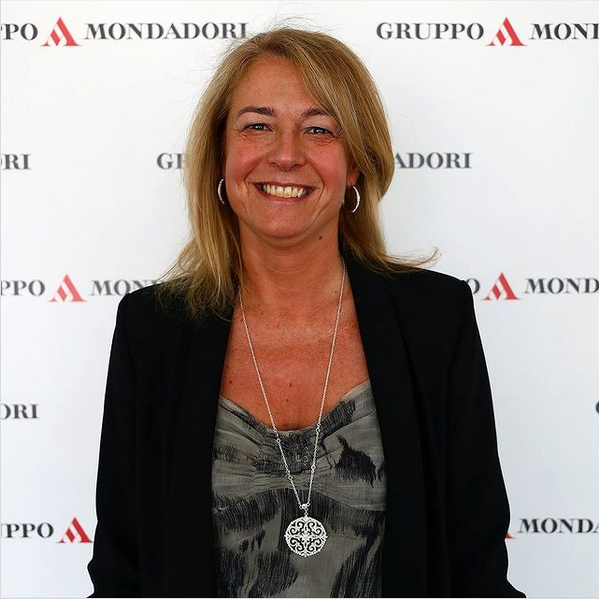Certification confirming the company’s commitment and ability to create a working environment increasingly focused on equity and inclusion: this is the UNI/PDR 125:2022 gender equality certificate obtained by the Mondadori Group.
The certification, which is valid for three years, was issued by Bureau Veritas, an accredited certifying body, following an audit that recognised the Mondadori Group’s solid commitment to valuing diversity and significantly favouring inclusion within the company.
This is a further step forward in the strategic path begun in 2021 with the creation of the Diversity & Inclusion unit, designed to guarantee fair and transparent opportunities for the entire Mondadori community, giving them the chance to express their uniqueness and talent while strengthening their sense of belonging to the company.
‘We are proud to have received this award, as it is the result of the strategic approach that we have developed as a Group regarding diversity, inclusion and gender equality,’ says Mondadori Group CEO Antonio Porro. ‘As a publishing company, we have a responsibility to foster cultural change through the content we offer our readers and users every day, becoming a virtuous role model in the appreciation of such issues. This is a goal we will continue to pursue as we look towards sustainable growth, increasingly integrating ESG into our business plans.’
‘This certification confirms that there is a strong conviction within the Mondadori Group that we must continue to create a space for social reflection, and not just economic value. Attention to gender balance certainly translates into a more inclusive working environment, but also into better allocation of each person’s talent, and into a greater drive for innovation, which only comes from legitimising different points of view,’ underlines Francesca Rigolio, Chief Diversity Officer of the Mondadori Group. ‘For our journey, which started three years ago, this certification is an important milestone, generating renewed enthusiasm in the Group to further develop the many ongoing and future projects.’
Based on the UNI/PDR 125:2022 practice of reference, the certification was obtained by measuring, reporting and evaluating a set of qualitative and quantitative indicators capable of driving change in corporate gender equality policies. The KPI are spread over six areas: culture and strategy, governance, HR processes, growth opportunities and inclusion of women in the company, gender pay equity, parental protection and work-life balance.
With specific reference to parenting, the project launched in 2023 was particularly appreciated. Its goal was to work towards a genuine shift in culture and approach by providing all new parents with useful, concrete tools — such as the parental kit or counselling service — at a time of great change in their professional and personal lives.
Moreover, as part of its selection processes, Mondadori is one of the first companies in Italy to adopt blind CVs, which do not contain information on candidates’ gender or age. This leads to a selection process that is as fair and inclusive as possible, and not influenced by gender bias.
Also of great importance among the Group’s policies was the fact that top management was assigned a three-year ESG target, focusing on key gender equality indicators such as the percentage of women in management positions and reduction of the gender pay gap. This parameter is anchored to a comprehensive system of constantly monitored KPIs, which testifies to Mondadori’s concrete commitment to this issue.
Sustainability plan
Obtaining certification for gender equality is one of the objectives achieved as part of the Group’s Sustainability Plan, through which Mondadori is pursuing its commitment to continuously improve its ESG performance.
The plan is divided into three large areas:
- ‘Social’ – enhancing people, contents and places for education and culture;
- ‘Governance’ – promoting sustainable corporate success;
- ‘Environment’ – spreading the environmental culture and mitigating impacts on ecosystems.
In the plan, quantitative and qualitative targets and short and medium-term actions are identified that are linked to the Sustainable Development Goals (SDGs) set out in the 2030 Agenda.





















